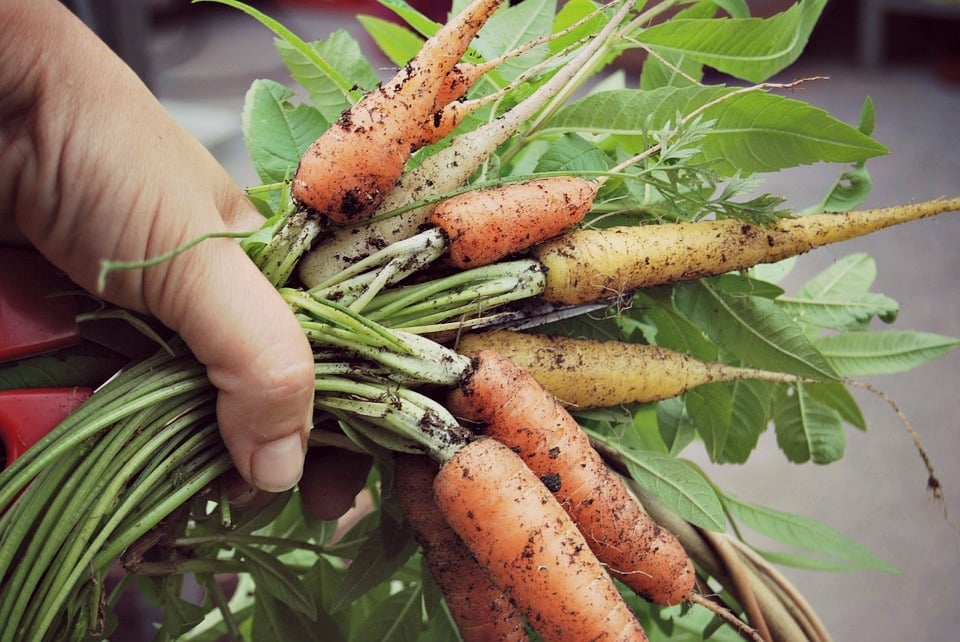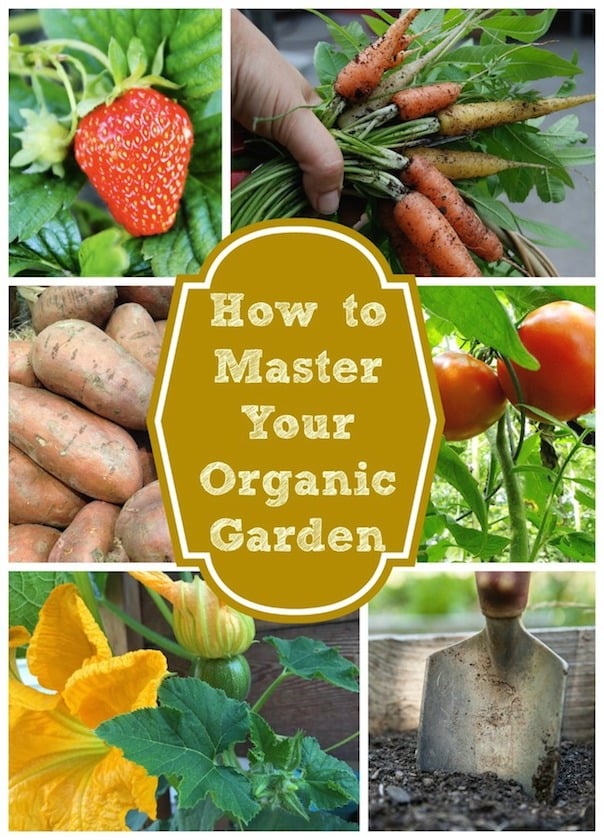How to Master Your Organic Garden
It may seem difficult, but an organic garden will quickly prove rewarding and worthwhile. From getting outside to eating your own, home-grown vegetables, there’s plenty to enjoy.

If you haven’t grown much in the way of plants before, an organic garden may seem a difficult feat. Yet, more and more people are looking to harness nature’s power and provide their own food, so it’s a challenge many are increasingly facing. Fortunately, it’s easier than it seems.
The real difference with an organic garden is that you’re not relying on pesticides or chemical additives. As such, you can still apply many of the traditional gardening methods with a few greener alternatives where applicable. These include:
• Finding natural pesticides to protect your crops
• Creating fantastic organic compost
• Defeating weeds and protecting plants without spraying chemicals
• Taking advantage of nature’s perfect replenishment: rainwater
Your primary objective, other than to grow food, is to move away from pesticides and agents. This will also reduce the biggest costs of gardening, leaving you to enjoy a near-free hobby that offers plenty of rewards for your efforts.
START WITH THE RIGHT SEEDS OR PLANTS
Before you plant anything, make sure you have the right seeds. Local centers and experts can help find the right plants for your climate, but always ask about any seeds before you buy them. Have they been treated with pesticides? If so, don’t buy them.
Your garden will be off to bad start if your plants have already been treated with chemicals before you’ve even had a chance to plant them. On a similar note, you should always stick with seeds and never use saplings (unless they are your own). The latter will have started to adapt to the soil used already and moving them to your garden will likely have a negative impact.
UNDERSTAND WHAT MAKES GOOD SOIL
Soil needs to be healthy and rich in nutrients. Typically, you could add fertilizer but this needs to be organic in nature. Adding nutrient rich soils from elsewhere (such as garden centers) will improve the quality of your own soil.
Similarly, why not try adding worms to the mix? Worms are a garden’s best friend, as they churn and mix soil into a nutrient rich meal plants love. This also works for creating compost – discussed later on – which is also great for keeping soil in a good condition.
THE IMPORTANCE OF COMPOST & MULCH
These two items have a very similar effect but both are vital for a thriving garden. Organic compost helps provide nutrients and can be made from all sorts of organic matter. Pile food scraps, grass cuttings and even dead leaves into a compost bin or container (with a few worms for good measure). Leave for a few months and you’ll have a healthy compost to mix into your soil.
Mulch, on the other hand, protects the top layer and traps in vital nutrients, making it especially useful in the winter season. Unlike compost, this needs to be damp and is often made from tree bark, leaves and grass cuttings.
THE POWER OF RAINWATER IN YOUR ORGANIC GARDEN
A truly organic garden shouldn’t use tap water, especially as you can’t guarantee what’s in it. Instead, employ rainwater collection and use the water nature intended. Plants thrive on this anyway, and collecting it when it’s abundant will ensure you always have the resources they love during the dryer, hotter periods.
 TRY NATURAL OR ORGANIC OPTIONS AS “PESTICIDES”
TRY NATURAL OR ORGANIC OPTIONS AS “PESTICIDES”
Aside worms, there are plenty of other forms of wildlife that can help your garden thrive. Insects such as ladybugs keep plant-eating pests at bay and your garden centre can recommend the right species for your needs.
In terms of bigger animals, try using a pond and bird feeders to introduce frogs and birds, respectively. These will take care of slugs, caterpillars and other plant-munching pests. Similarly, ask your centre for possible bio-pesticides, as these use organic and green materials to repel pests.
HOW TO HANDLE WEEDS
Without a weed killer, you may need to get down into the dirt yourself. Fortunately, if you apply mulch regularly, this will stop weeds shooting through. It isn’t perfect but a keen eye will take care of the rest. Pull out anything you see growing that you don’t want and your plants should have the room they need to grow and spread.
INSPECT YOUR PLANTS
Similarly, while you’re searching for weeds, use this opportunity to inspect your plants. If you find an ill plant, you should remove it to prevent contamination – for this reason, you should not put it into your compost or mulch. As for dead plants, these can be removed (and are great organic matter for composting) but perhaps leave these in over winter. This is a secret gardeners trick, as leaving them in over the cold period protects the soil around them.
It may seem difficult, but organic gardening will quickly prove very rewarding. From getting outside to eating your own, home-grown vegetables, there’s plenty to enjoy. Importantly, it is a great family activity you can teach the kids from an early age. Why not get started today?

